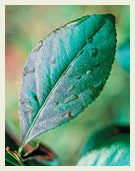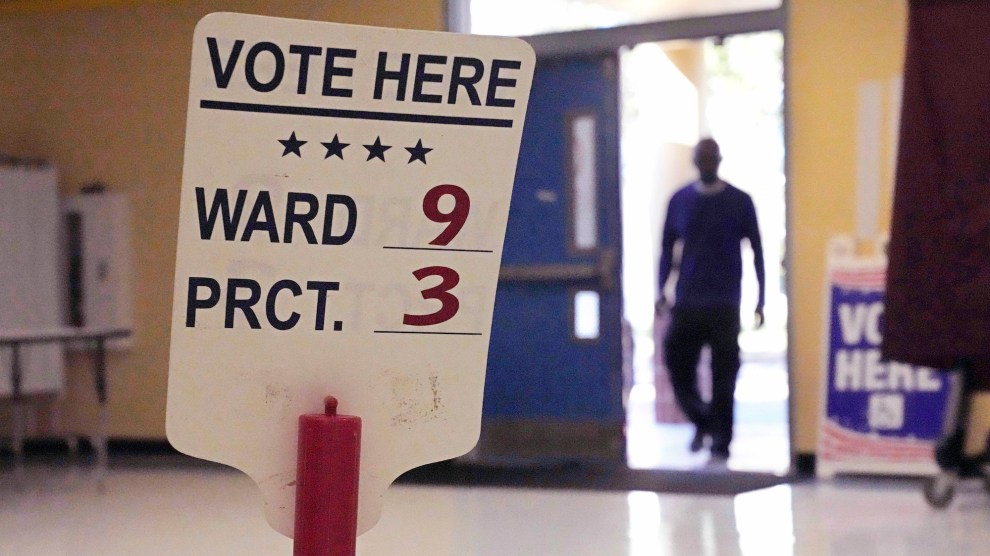
Image: Steven Foster
Mohamad Jama was crossing a street in downtown Minneapolis when a police officer stopped him. It was rush hour and Jama was hurrying to send money to his brother back in Somalia. “It was my fault,” says Jama. “I was jaywalking.” But he was surprised when the officer told him to freeze, turned him against a wall, and started searching him — he says — without his consent. The officer then reached into his belt and pulled out two small bundles of khat leaves. Suddenly, Jama was under arrest for possessing what to him were like tea leaves. But to the officer they were a Schedule I narcotic, equivalent to heroin or LSD. And that, depending on state laws, can mean prison, deportation, and serious problems for an immigrant who suddenly finds himself a convicted felon.
In East Africa, the afternoon khat session is a centuries-old ritual. But for America’s growing population of East Africans, many of whom fled the Somali civil war, chewing khat (a mild stimulant also called chat or jat) has become a dangerous pastime. Across the nation, immigrants hungry for a taste of home are finding themselves caught up in America’s drug war, as khat arrests rise in cities with large East African communities, including New York, Columbus, Detroit, Seattle, and San Diego.
“Khat in itself is not illegal,” says Atlanta attorney Sid Moore, who has defended Somali and Ethiopian immigrants in 23 cases around the country. “Some of the chemicals that are sometimes found in it — but not always found in it — are illegal.” The illegal substance, cathinone, is present in the fresh leaf, he notes, but within 72 hours breaks down by a factor of 100, leaving a far milder stimulant called cathine and only trace amounts of cathinone. In the United Kingdom, which has a long history of East African immigration, khat use is legal.
While adamant that khat should not be treated as a Schedule I drug, experts are unsure how to characterize the plant. “Khat is not something that you can compare with any other drug,” says Mahad Yusuf, director of the Somali Immigrant Aid Organization in Toronto. “I call it a ‘drug’ because it causes problems to the person who is taking it, both financially and healthwise. But it’s not that you are going to harm other people.” Dr. Abdullahi Elmi, who has studied khat for 20 years at the Somalia National University and the World Health Organization, says the only rough equivalent in the West is chewing coca leaves, although khat is less potent.
“In Somalia, it’s a normal part of life,” says Abdirizak Bihi, the county liaison for the Somali community in Minneapolis, by far the largest in the United States. In fact, he says, many Somalis are caught with khat precisely because they have no idea it’s illegal. “Most people are not aware of it until they end up in court,” says Bihi.
The DEA says khat is not yet a leading concern, though it is “on the radar” as a Schedule I substance. In 2000, U.S. Customs seized 70,008 pounds of khat on its way from East Africa and Yemen, up from 48,938 pounds in 1999, and East African populations in the United States are growing fast. Before the legal and pharmacological issues are sorted out, it’s likely that many more of America’s newest immigrants will find themselves caught up in a different kind of war from the one they fled back home.















